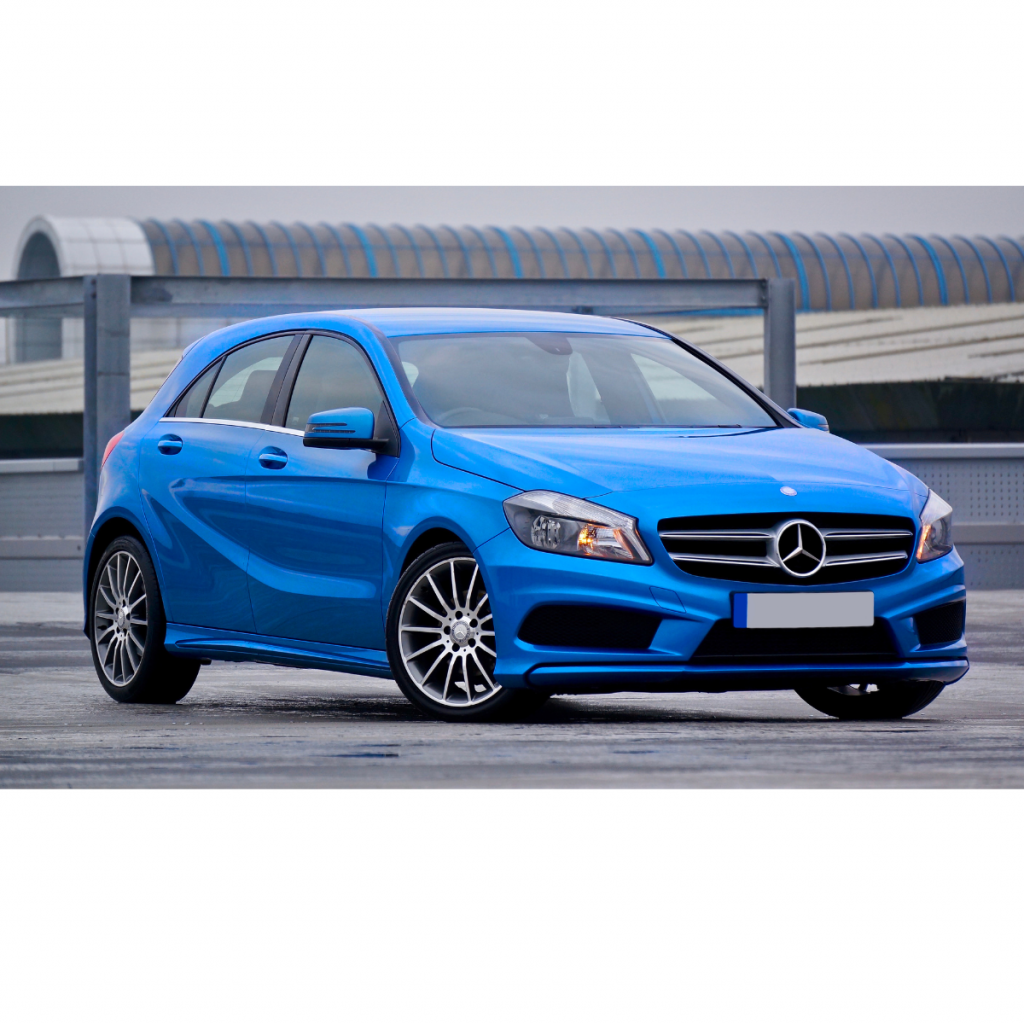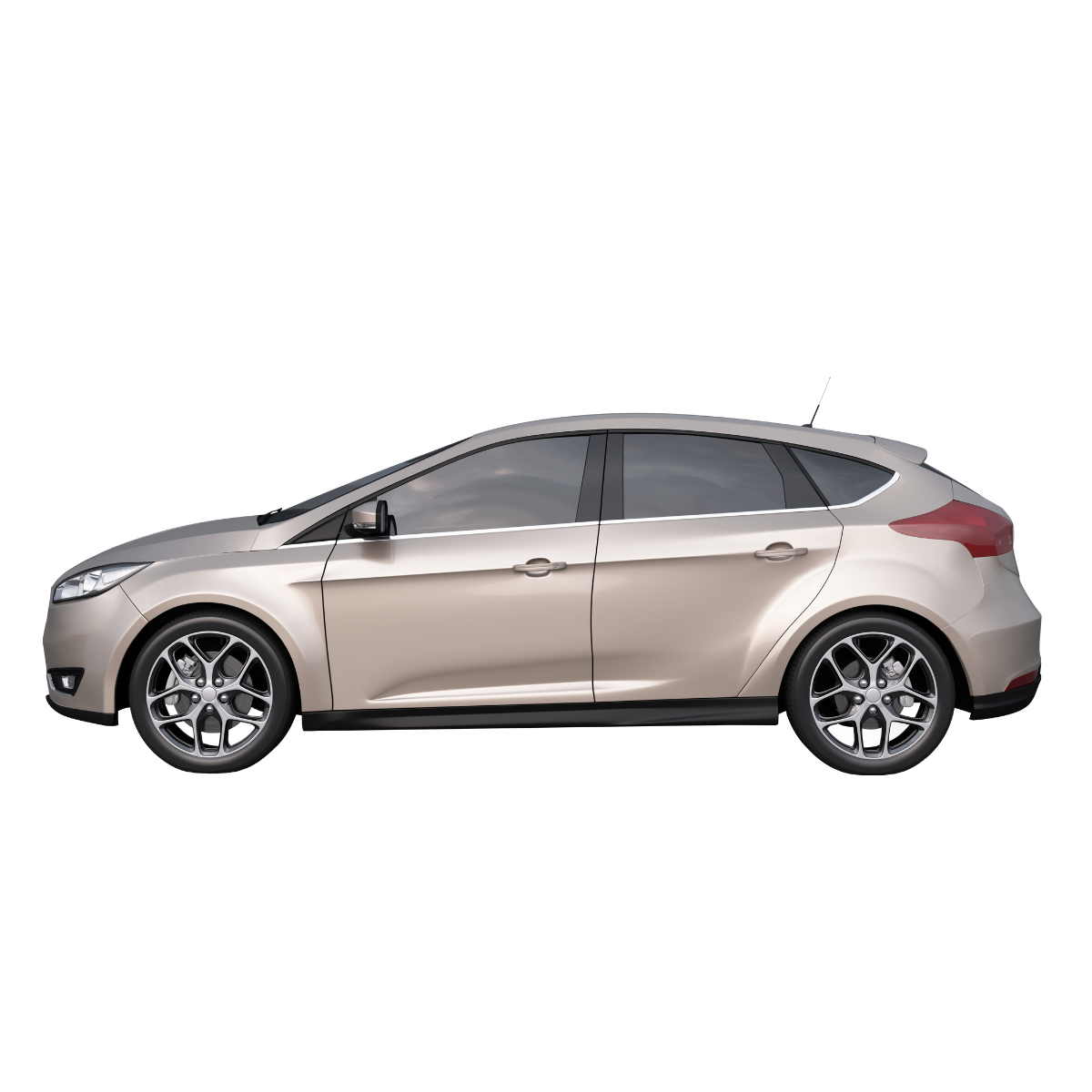Hatchbacks are one of the most popular car styles worldwide, offering a unique combination of practicality and style. These versatile vehicles are ideal for city driving, small families, and even solo adventurers who value compact designs with ample storage. But like any car type, hatchbacks come with their advantages and disadvantages.
In this article, we’ll explore the pros and cons of hatchbacks to help you determine whether this type of vehicle aligns with your needs and lifestyle. By the end, you’ll have a clear understanding of what makes hatchbacks a great choice—or why you might want to consider an alternative.
What Defines a Hatchback?

A hatchback is a car characterized by its rear door, which swings upward to provide access to the cargo area. Unlike sedans, which have a separate trunk, hatchbacks integrate the cargo space with the passenger cabin. This design makes them particularly popular for drivers who prioritize flexibility, compact size, and maneuverability.
Advantages of Hatchbacks
- Compact Size
One of the key benefits of a hatchback is its compact design. These vehicles are smaller than SUVs or sedans, making them easy to park and navigate through crowded urban streets. Whether you’re squeezing into tight parking spots or handling busy intersections, hatchbacks make city driving a breeze. - Versatile Cargo Space
Hatchbacks are known for their flexibility when it comes to storage. The rear seats can often be folded down to create a larger cargo area, accommodating everything from groceries to sports equipment. For small families or individuals who frequently transport items, this adaptability is a significant advantage. - Fuel Efficiency
Another major perk of owning a hatchback is its superior fuel economy. These cars typically come with smaller engines, making them more efficient than larger vehicles like SUVs or trucks. If you’re looking to save on gas expenses, a hatchback is a smart choice. - Affordable Pricing
Hatchbacks are generally more affordable than other types of vehicles. Their lower manufacturing and operating costs make them an excellent option for budget-conscious buyers who don’t want to compromise on quality. - Modern Features
Despite their lower price points, many hatchbacks are equipped with advanced technology and safety features. From touchscreen infotainment systems to driver assistance tools like lane-keeping assist and adaptive cruise control, these cars offer plenty of modern conveniences. - Stylish Design
Gone are the days when hatchbacks were considered plain or utilitarian. Today’s models boast sleek, sporty designs that appeal to drivers of all ages. Whether you prefer a minimalist look or bold aesthetics, there’s a hatchback to match your style. - Ideal for Urban Living
Hatchbacks are perfect for city dwellers. Their smaller size, easy handling, and efficient engines make them well-suited for daily commutes and errands in urban environments. - Easy Maintenance
Due to their smaller engines and simpler mechanics, hatchbacks are generally easier and less expensive to maintain. Regular servicing and repairs are often more affordable compared to larger vehicles.
Drawbacks of Hatchbacks
- Limited Passenger Space
While hatchbacks excel in cargo flexibility, their passenger space can feel cramped, especially in the rear seats. For taller individuals or families with growing children, the compact cabin may not provide enough room for long trips. - Noise Levels
The open design of a hatchback’s cargo area can allow more road and engine noise to enter the cabin. This might be a concern for drivers who prioritize a quieter ride, especially on highways. - Reduced Privacy
Unlike sedans, hatchbacks don’t have a separate trunk to conceal items. This makes it easier for passersby to see what’s stored in the cargo area, which could be a security concern in certain situations. - Lower Ground Clearance
Hatchbacks typically have lower ground clearance compared to SUVs or crossovers. This makes them less suitable for off-road driving or rough terrain, limiting their versatility for adventurous drivers. - Smaller Towing Capacity
If you need a vehicle capable of towing trailers or heavy loads, a hatchback may not meet your needs. These cars are designed for efficiency and practicality rather than hauling capacity. - Perceived Lack of Prestige
Although modern hatchbacks have stylish designs, some people still associate them with entry-level vehicles. For those seeking a car that exudes luxury or status, a hatchback might not be the right choice. - Limited Engine Power
While hatchbacks are fuel-efficient, their smaller engines may lack the power and acceleration needed for certain driving conditions, such as steep inclines or high-speed overtaking on highways.
Comparing Hatchbacks with Other Vehicle Types

Hatchbacks vs. Sedans
Hatchbacks offer better cargo flexibility and easier access to the rear storage area. However, sedans often provide quieter rides and more private storage with their separate trunks.
Hatchbacks vs. SUVs
Hatchbacks are more affordable, fuel-efficient, and easier to maneuver in tight spaces. On the other hand, SUVs have more passenger and cargo space, higher ground clearance, and greater towing capacity.
Hatchbacks vs. Crossovers
Hatchbacks are smaller and more budget-friendly, ideal for city driving. Crossovers combine the compact size of hatchbacks with the versatility of SUVs, making them a more balanced option for some buyers.
Who Should Choose a Hatchback?
Hatchbacks are a great fit for individuals and families who prioritize efficiency, affordability, and flexibility. They’re ideal for:
- City dwellers who need a car that’s easy to park and navigate through traffic.
- Budget-conscious buyers looking for an affordable and fuel-efficient vehicle.
- Small families or individuals who need versatile storage for groceries, sports gear, or luggage.
- Drivers who value modern technology and safety features at an accessible price point.
Tips for Buying a Hatchback
Evaluate Your Needs
Consider how you’ll use the car. If you frequently travel with passengers or need ample cargo space, ensure the hatchback meets those requirements.
Test Drive
Take the car for a spin to assess its comfort, handling, and noise levels.
Check Features
Look for modern conveniences like touchscreen displays, smartphone integration, and advanced safety tools.
Compare Models
Research different brands and models to find the best combination of price, features, and reliability.
Conclusion
Hatchbacks offer a unique blend of practicality, affordability, and style, making them a versatile choice for many drivers. While they have their limitations—such as less passenger space and lower towing capacity—their advantages often outweigh the drawbacks, especially for urban residents and budget-conscious buyers.
Whether you’re drawn to their compact size, fuel efficiency, or modern features, hatchbacks remain a strong contender in the automotive market. By weighing the pros and cons carefully, you can decide if a hatchback is the right vehicle for your needs.
In a world where flexibility and efficiency are increasingly valued, hatchbacks stand out as a smart and stylish option for everyday driving.

Leave a Reply